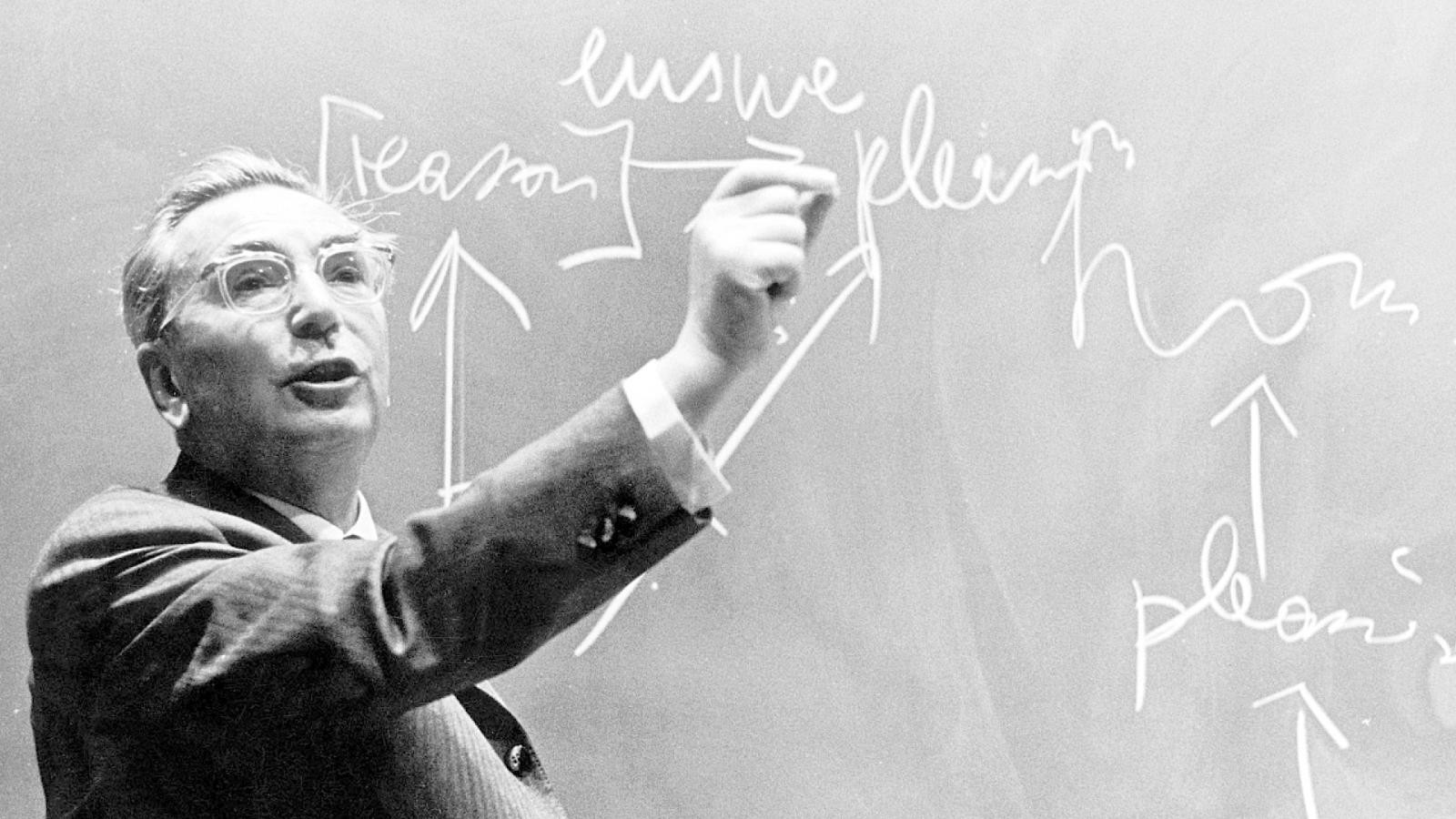
Viktor Frankl was the father of logotherapy. He was able to transform one of the worst events in modern history, a concentration prison camp into a study zone. Viktor was held captive in a Nazi prison, and he knew that he couldn’t change that.
Instead of allowing his mind to fall hostage to such a situation, he started studying and questioning why some people survived there, and why others didn’t. He began to create connections between certain people’s attitudes and their ability to survive. He wrote in great detail about this story in his book, Man’s search for meaning.
Before the camps
“Everyone has his own specific vocation or mission in life, everyone must carry out a concrete assignment that demands fulfillment. Therein he cannot be replaced, nor can his life be repeated, thus, everyone’s task is unique as his specific opportunity to implement it.” – Victor Frankl
Viktor Frankl was a Jewish psychiatrist from Austria. Frankl, regardless of his religious orientation was a great stoic, whether he knew this or not. His philosophy and line of thought shares many similarities with stoicism.
He created his own psychiatric school called Logotherapy, a method of mental healing based on the search of purpose in our lives.
Frankl was born into a well off family, but like every other family they suffered the consequences of the First World War and eventually fell into poverty. It was a terrible time for the family, as some members had to resort to begging on the street.
He was always interested in philosophy and psychology, and as a teenager gave his first lecture on the Meaning of Life, in the city where he used to live. He was already building in his mind the ideas that later would become the techniques of Logotherapy.
Frankl had written a high school essay called “On the Psychology of Philosophical Thinking”. This is when he started writing letters to Freud, who encouraged him to keep writing because he had appreciated what Frankl had written so far. At the age of 19, already in medical school, he wrote his first article in a scientific magazine.
Viktor was honestly concerned about human life and human values and that’s what motivated him. It pushed him to establish the links between philosophy and psychology. In 1926 he spoke at a medical congress about a therapy focused on the search of meaning in life.
The Camps
When the Second World War started Frankl was already known for his Logotherapy, a therapy that tried to fulfill the existential void left by the death of god. He was a well established doctor, who worked in a great hospital in Vienna. From early on, he was assigned roles with higher responsibility at the hospital.
His family had visas to go to the US, but they decided to stay in Austria to help as much as they could. Viktor saved many Jews from death, refusing to prescribe euthanasia to those with mental disabilities.
Viktor’s parents and sister were all sent to different camps, as well as he and his newly wedded wife. She was also forced by the Nazis into aborting their first son. Tilly, his wife, died of exhaustion in the camps, so did Viktor’s father. His mother died in the chambers, and his sister became a refugee in Italy.
After the camps
He spent 3 years in the camps, doing forced heavy labour, living in miserable conditions, and still managing to smuggle in some paper where he wrote down some notes. These would later become a book that was written in nine days: Man’s search for Meaning.
“Everything can be taken from a man but one thing: the last of the human freedoms — to choose one’s attitude in any given set of circumstances, to choose one’s own way.”
Viktor was as pragmatic as possible while in the camps and did his best to survive, he tried to see that what was going on, was nothing but a challenge. And he made sure to never fight with the things he could not change.
He confirmed his methodology, that without a purpose, life had no meaning. That is what kept those men from killing themselves, realising that their suffering had a meaning behind it.
There are many similarities in Victor Frankl’s and Jim Stockdale’s stories. Jim was also a prisoner that faced horrid conditions he was not able to change, just like Frankl. And both of them made their way out of it, both of them lived years looking death in the eyes, but their stoic souls pierced through the pain. Both of them realised that their suffering was going to make them stronger, and that their struggles would aid thousands if not millions of people.










